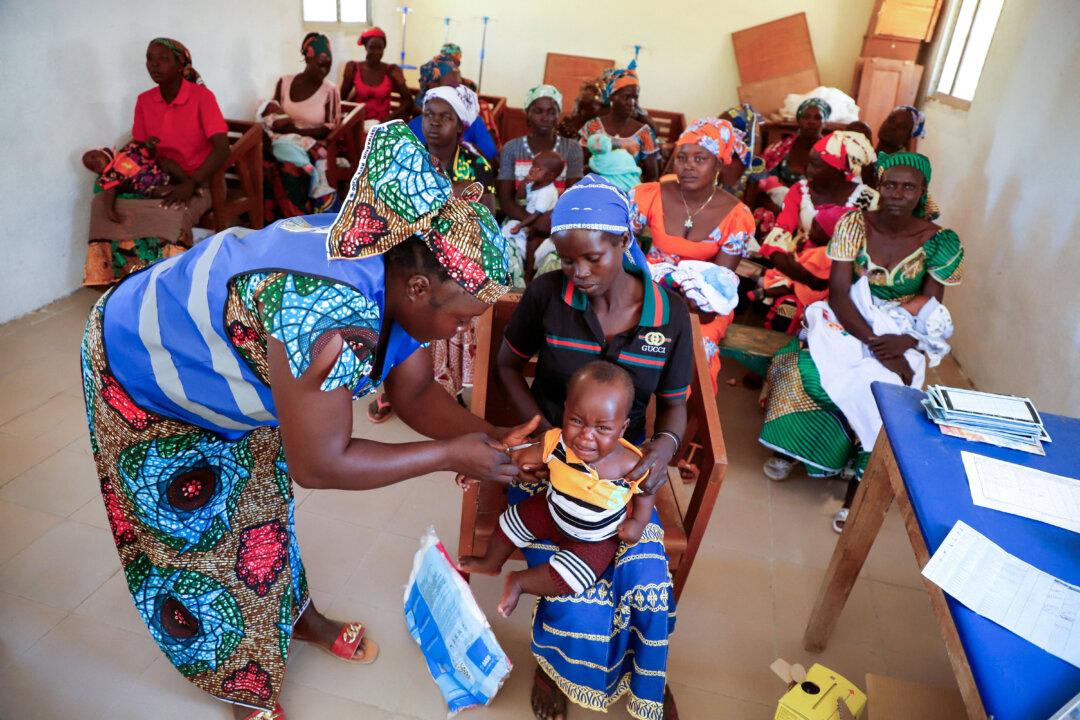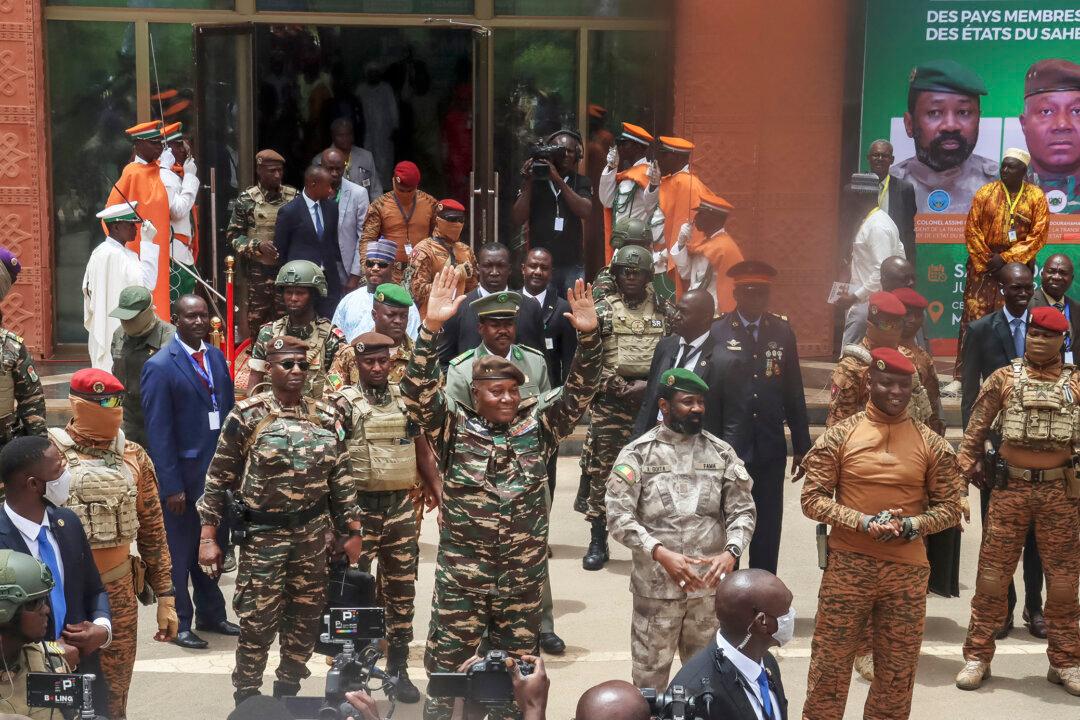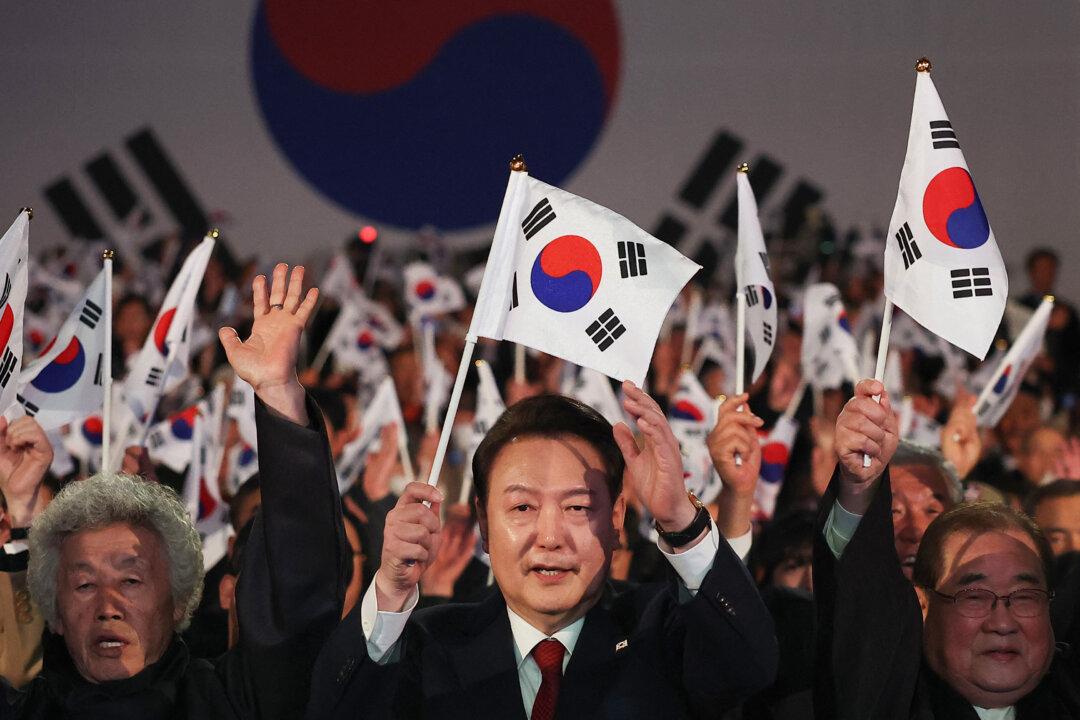When brutal fighting broke out between the Sudanese armed forces (SAF) and the powerful Rapid Support Forces (RSF) paramilitary group on April 15, human rights monitor and freelance videographer Gouja Ahmed never thought that leaving his house would be turned from an option into a matter of life and death.
“There are no means to earn money from my job [anymore], but I now have the chance to defend my people’s rights and to protect them through advocacy,” Ahmed told The Epoch Times via a messaging app, opting to conceal his location over concern for his safety.





